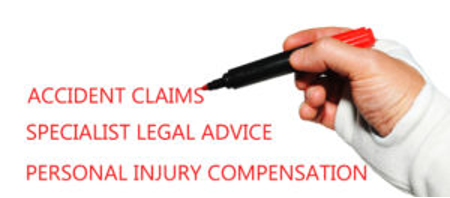Properly litigating a personal injury case so that our clients make a complete and total recovery of their losses is always the first and foremost priority of the experienced personal injury attorneys at Powell, Zero, Mundy. For 113 years, the attorneys at Powell, Zero, Mundy have represented Pennsylvania personal injury victims.
The purpose of awarding damages in a personal injury case is to “make the plaintiff whole” after an injury. While this is not always possible, as well as difficult, the goal remains to place the injured person into the position he or she would have been in, had the injury not occurred. Here is the second part of a short primer on damages in a personal injury case:
Damage categories
Categories of damages are divided into economic and non-economic. Economic damages are awarded as a proximate or direct result of the actual financial loss caused by the negligent, reckless, or intentional act of the defendant. Examples of such losses are medical bills and lost wages, which can be easily and readily ascertained to a sum certain. Non-economic damages are those which are harder to quantify and include losses like pain, suffering, and emotional distress. Many states have capped or limited non-economic damages.
Pain and suffering/ Emotional distress
Juries often award large damages for pain and suffering, which is the stress caused by the physical, emotional and psychological trauma of the injury itself. This is a non-economic loss which is subjective, difficult to quantify, and thus harder to prove than other types of damages.
Wrongful death
Wrongful death actions are brought by the family members of victims who have been killed as a result of an accident caused by someone else’s negligent or intentional act. Only certain family members like spouses and parents of minor children have standing to bring these actions. See our blogs on wrongful death in Pennsylvania for more information.
Loss of companionship or consortium
When an accident results in death or some type of life-altering disfigurement, a family member may bring an action for loss of consortium or companionship in order to compensate the family member for the loss of their relationship with the deceased or injured.
Punitive Damages
Rather than attempt to make the plaintiff whole, punitive damages punish the defendant for especially egregious conduct and act as a deterrent to similar behavior in the future.

